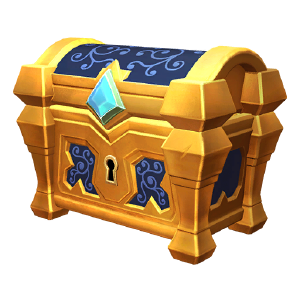
This image has format transparent PNG with resolution 300x300.
You can download this image in best resolution from this page and use it for design and web design.
Treasure chest PNG with transparent background you can download for free, just click on download button.
Treasure chests containing buried treasure are part of the popular beliefs surrounding pirates and Old West outlaws.
A buried treasure is an important part of the popular beliefs surrounding pirates and Old West outlaws. According to popular conception, criminals and others often buried their stolen fortunes in remote places, intending to return for them later, often with the use of treasure maps.
In reality, pirates burying treasure was rare: the only pirate known to have buried treasure was William Kidd, who is believed to have buried at least some of his wealth on Long Island before sailing into New York City. Kidd had originally been commissioned as a privateer for England, but his behavior had strayed into outright piracy, and he hoped that his treasure could serve as a bargaining chip in negotiations to avoid punishment. His bid was unsuccessful, however, and Kidd was hanged as a pirate.
In English fiction there are three well-known stories that helped to popularize the myth of buried pirate treasure: "Wolfert Webber" (1824) by Washington Irving, "The Gold-Bug" (1843) by Edgar Allan Poe and Treasure Island (1883) by Robert Louis Stevenson. They differ widely in plot and literary treatment but are blood kin from the common ancestor of the William Kidd legend. David Cordingly states that "The effect of Treasure Island on our perception of pirates cannot be overestimated," and says the idea of treasure maps leading to buried treasure "is an entirely fictional device." Stevenson's Treasure Island was directly influenced by Irving's "Wolfert Webber", Stevenson saying in his preface "It is my debt to Washington Irving that exercises my conscience, and justly so, for I believe plagiarism was rarely carried farther... the whole inner spirit and a good deal of the material detail of my first chapters... were the property of Washington Irving."
In 1911, American author Ralph D. Paine conducted a survey of all known or purported stories of buried treasure and published them in The Book of Buried Treasure. He found a common trait in all the stories: there was always a lone survivor of a piratical crew who somehow preserved a chart showing where the treasure was buried, but unable to return himself, he transfers the map or information to a friend or shipmate, usually on his deathbed. This person would then go search in vain for the treasure, but not before transferring the legend down to another hapless seeker
In this page you can download free PNG images: Treasure chest PNG images free download